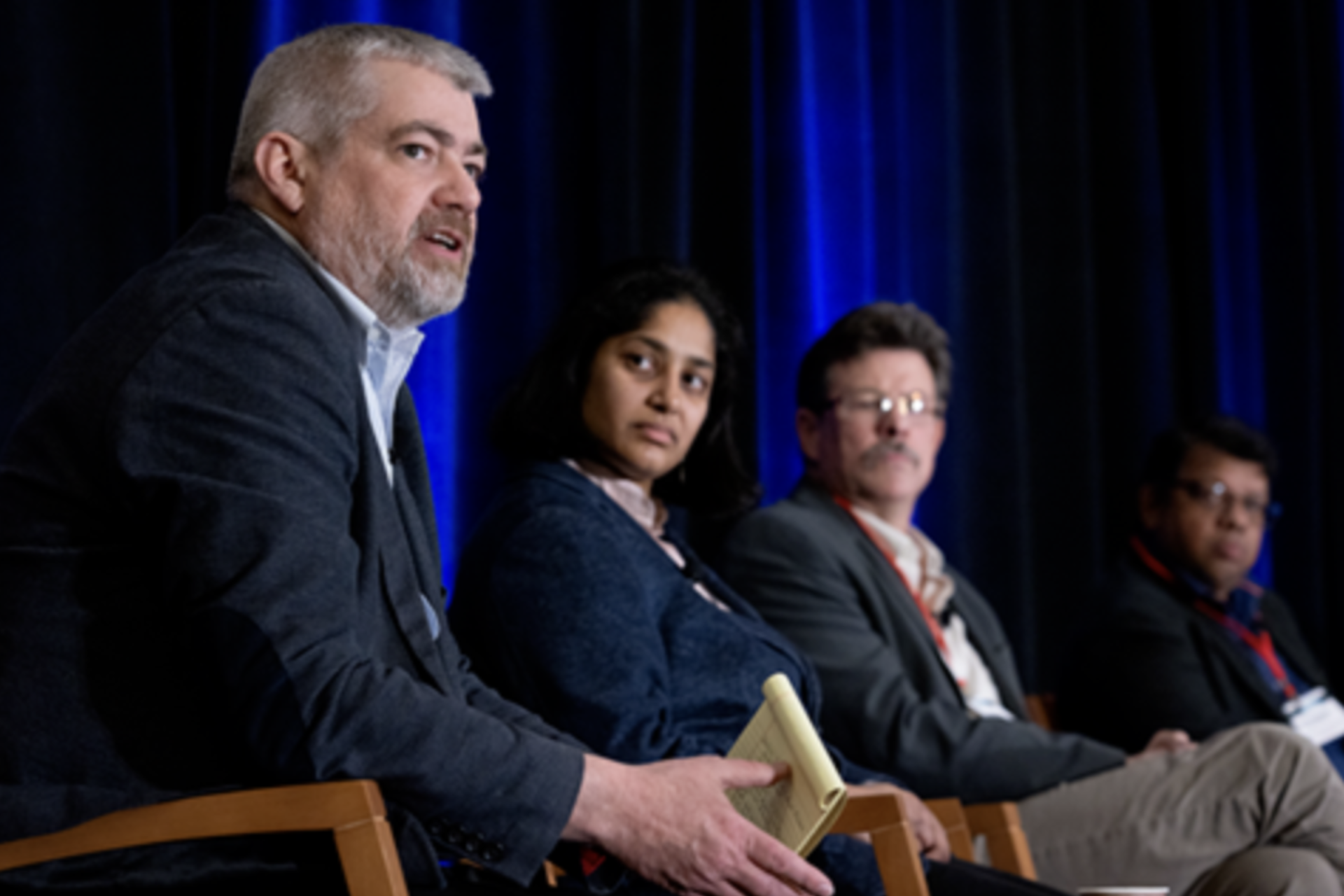Climate and Energy Policy Program
Providing insight to drive an equitable, resilient, and effective transition to clean energy.
The Climate and Energy Policy Program (CEPP) operates at the interface of policy analysis, academic research and education, and stakeholder engagement. It serves as a practical, timely, and neutral voice focused on informing decision making on climate and energy law and regulation. Understanding the costs, trade-offs, and consequences of policy and regulatory strategies is critical for improving our climate future and building a just, equitable, and resilient transition to a clean energy system. By collaborating with external partners in the government, private, and non-profit sectors, the CEPP integrates interdisciplinary research with direct policy engagement, while also providing opportunities for Stanford students and faculty to directly engage with and solve real energy and climate policy problems.
For updates on our latest work, read and subscribe to the CEPP substack. For news, upcoming events, and announcements, subscribe to the CEPP mailing list.
Climate & Energy Policy Program | News
-
Woods Institute affiliates contributing to the consortium include Noah Diffenbaugh, Michael Mastrandrea, Meagan Mauter, and Michael Wara.
Whitepaper: Developing and Supporting the Federal Wildland Fire Workforce

This whitepaper provides recommendations to Congress to better support the federal wildland fire workforce and to develop a workforce that looks beyond fire suppression in order to accomplish needed wildfire resilience treatments. The reality is that wildfire suppression and better forest stewardship are highly skilled, labor-intensive activities that will require greater support if the federal lands are to break a cycle of larger, higher intensity and higher severity wildfire. This means better support for the personnel in the fire suppression workforce and development of a much more robust federal forest stewardship workforce and capacity. A key recommendation of our work is that given the role that improved forest stewardship could play in moderating the severity of wildfire seasons, one of the best ways to support the existing workforce is to develop a resilience-focused workforce.
Focal Areas
Building Decarbonization

Eliminating fossil fuel use in homes is an important avenue for decarbonization. The CEPP analyzes legal and regulatory strategies to electrify new and existing buildings, the implications of electrification for natural gas systems serving residential properties, and the cost and equity issues associated with these changes.
Real-time Policy & Regulatory Analysis

The CEPP aims to provide evidence-based, rapid, transparent, real-time analysis of policies under consideration and their impacts on people, communities, and industries. It also takes a deep look at energy system modeling efforts informing policy goals and strategies to evaluate key assumptions against real-world conditions.
Our Team








Resources & Opportunities

Publications
Read white papers, reports and other publications from CEPP and our partners.











